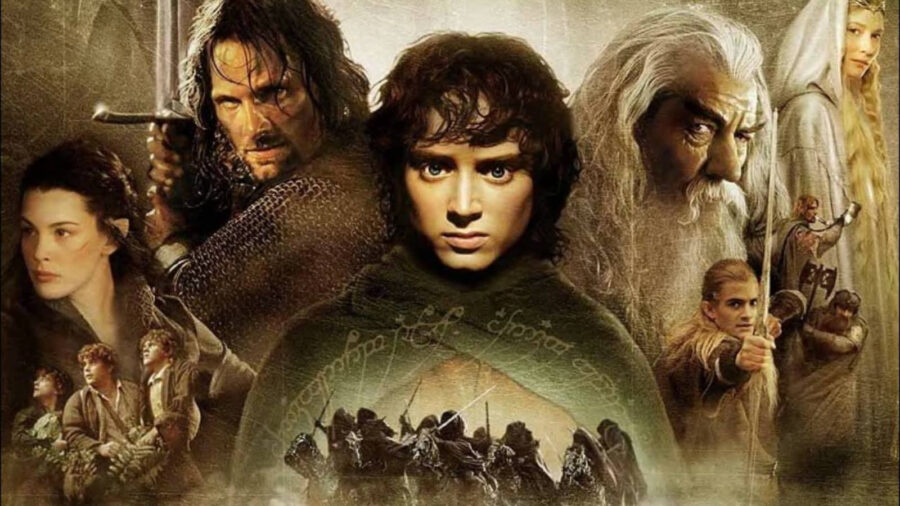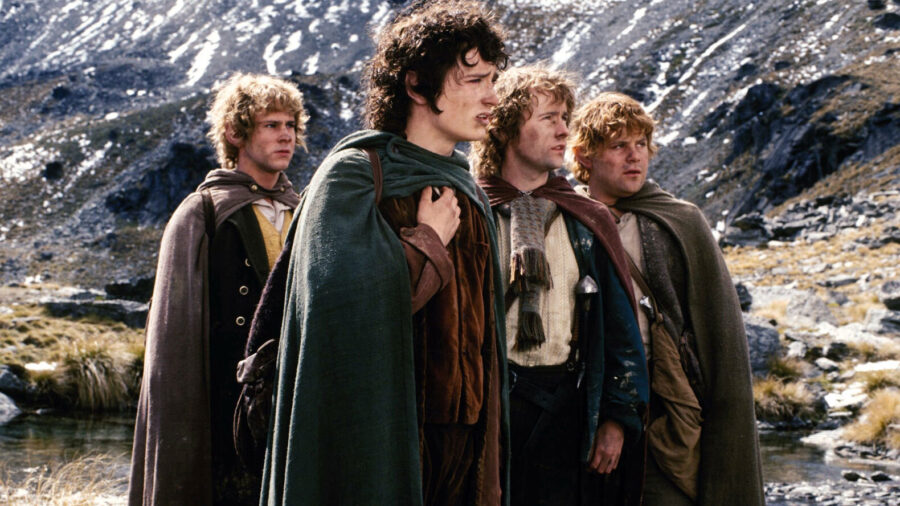The Lord Of The Rings Reboot Is Going To Fail Hard, Here’s Why
Making a reboot of any classic is tricky, and though sometimes rebooted films work out, we're pretty sure The Lord of the Rings reboot will fail to live up to the perfection of Peter Jackson's trilogy.

It’s a challenge to reboot a classic in a way that won’t rub the original fanbase the wrong way, but the studio heads at Warner Bros. Discovery are willing to take the chance in hopes of driving up revenue by rebooting the classic The Lord of the Rings trilogy. But we’re here to remind folks that for every Spider-Man and James Bond reimagining, there’s your divisive Star Wars and Halloween reboots that put audiences at odds rather than reinvigorating the fandom. Weighing the positives and negatives of such a lofty decision takes time and insight. We’re coming from a completely glass-half-empty mentality when we say that we believe that the Lord of the Rings reboot will be a major flop because Peter Jackson’s trilogy was ultimately perfect.
The first film to kick off the obsessive Lord of the Rings fandom was 2001’s The Fellowship of the Ring which introduced audiences to a star-studded cast featuring major names like Elijah Wood, Orlando Bloom, Viggo Mortensen, Cate Blanchett, Billy Boyd, Ian McKellen, and so, so many more. Taking J.R.R. Tolkien’s beloved fantasy tales and adapting them for the big screen was no small feat, and while there were certainly some skeptical haters out there, director Peter Jackson blew them out of the water time and time again with each installment.
Of the three films, The Fellowship of the Ring earned 91% on Rotten Tomatoes, with the follow-up (and this writer’s personal favorite) The Two Towers nabbing 95% (the highest of the three), and The Return of the King settling in at 93%.
For so many reasons, The Lord of the Rings trilogy is considered to be a classic. Then, Warner Bros. had the idea to tell the tale of what happened before its events in a trilogy centered around the prequel book, The Hobbit. Unlike the original triad of films, The Hobbit didn’t have quite as much source material to work with, which undoubtedly led to its lackluster reception. While fans flocked to cinemas around the world to see another A-list ensemble, including Martin Freeman, Luke Evans, Evangeline Lilly, and Benedict Cumberbatch, regale them, it was wildly underwhelming compared to the films that came before it.
While The Hobbit franchise may have raked in billions of dollars from the global box office, fans made it known that they didn’t love the decisions made by the production company and returning director Peter Jackson. Performing much lower than all three of The Lord of the Rings films, The Hobbit features sit with abysmal Rotten Tomato scores with the first, An Unexpected Journey, at 64%, The Desolation of Smaug at 74%, and the worst of them all, The Battle of the Five Armies, at 59%.

While this alone gives us pause to have high hopes for a rebooted The Lord of the Rings, there’s also the Prime Video prequel series The Rings of Power which, due to its popularity, may throw some newbies off. To be fair, when the fantasy series was first announced to be in production, audiences were already scratching their heads as to the who, what, where, and when of it all, so a reboot may be an easier explanation than breaking down the differences between the Second and Third Ages. Nonetheless, it’s bound to befuddle some fans where things land on the timeline.
With some flailing going on behind the picture-perfect exterior of Warner Bros. Discovery, it’s clear the company is coming up with anything in its power to make some extra bucks. There have been such major shake-ups at DC Studios, and although there may be more Harry Potter down the line, nothing has been made official yet. With Peter Jackson eyeing to make a return to Middle Earth and lend his vision to a The Lord of the Rings reboot, there’s always the possibility that he could mold it in just the right way to bring audiences to the theater, but fandoms are tricky, and the remake could absolutely do more harm than good.













